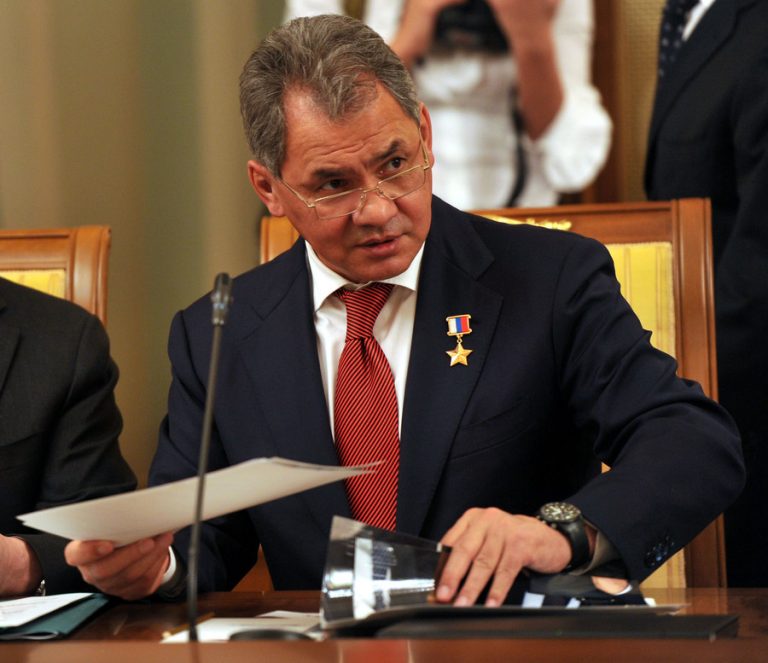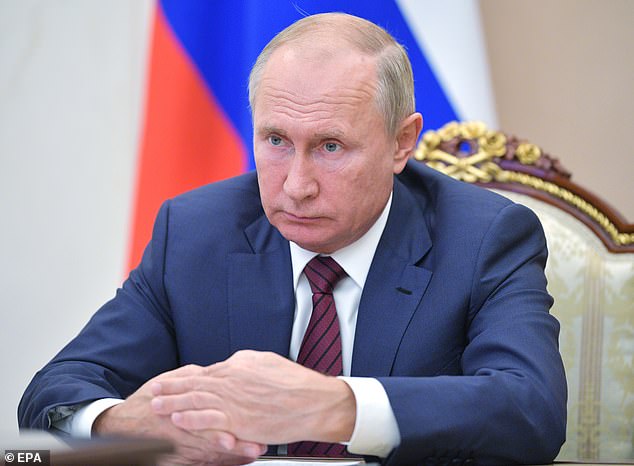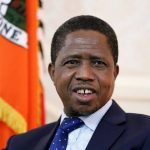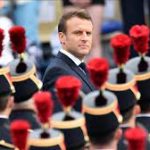Intensified competitive battle amid the uniformed agencies’ heads is on display in the Kremlin. The dynamic that gave reason to say Putin was rolling back his grasp amid rumors of his deteriorating health last November, has gained strength. The defense minister Sergei Shoigu is likely to play his own game to claim the presidency after Putin’s presidential power is over.
Those efforts root from the failures by Russian military intelligence in Europe, affecting the team close to the SVR head Naryshkin and the FSB head Bortnikov. Aside from that, there are rumors in Moscow that Shoigu’s possible resignation is on the floor, likely to be counter-balanced by the foreign minister Lavrov’s dismissal.
Last week, Russian media affiliated with Russian military intelligence launched an active campaign on discrediting fake foreign experts who had backed the amendments to the constitution to extend Putin’s term in office up to 2036. They blow upon the constitutional amendments, pointing to absolute non-transparency of the whole process. We are talking about 16 speakers delegated by Marine Le Pen, the far-right National Rally leader, 3 people from Russia-allied far-right Alternative for Germany, then Paolo Grimoldi, a spokesman for Italy’s former minister of the interior Matteo Salvini, and 6 Serbs.
Shoigu’s media activity case study suggests that he seeks to look more determined than Putin. The defense minister is consequently media campaigning against Russia’s president.
The purpose of delegitimizing the constitutional amendments is to delegitimize Putin himself.
Shoigu is shaping the background to practically become a non-competitive successor to the presidency. As Russia’s foreign intelligence (SVR) is behind the activity to provide expert protection for the constitutional amendments, their discrediting inflicts a hit on Naryshkin, as one of the main candidates for the presidency. The political wing behind the SVR and FSB is not happy with Shoigu’s activity, as Russia’s confrontation policy hampers their efforts to strengthen their hand abroad and build business-relationship. Shoigu is aware of their attempts to undermine his hand and has to launch a counterattack both against them and the President, to form a bridgehead in case he resigns.
The defense minister is likely to have dirt on Putin, proving some decisions that had deepened the crisis over Russia were coordinated and approved. In this case, Shoigu might be calculating to offer Putin the security guarantees when his term in office is over, as Putin did for his earlier counterpart Yeltsin. For his part, Shoigu believes the escalating manageable conflict with the West is the only way for him to strengthen his political muscle. That provides money for the Defense Ministry through defense order and military campaigns abroad. Alike the SVR and the FSB, the Defense Ministry has a monopoly on the country’s defense, for which read, in case the confrontation with the West increases, it will be highly sought, including by the voters. The people who live in Russia amid rise in inflation and falling incomes, better take rhetoric on the force of arms, linked to the Soviet times by Putin’s electoral base. Shoigu, taking advantage of this rhetoric, is gradually increasing his rating, sponsored by Putin, synchronously weakening his hand by discrediting campaigns. That game is designed for a midterm.
Shoigu is expected to add to intensified clashes with the West, performing false flag attacks and campaigns in the EU and NATO countries and preserving tensions along Russia’s borders. Continued threat of war is the only way for Shoigu not only to retain his post, but also boost his rating, looking ahead, when Putin leaves office.
That challenge, however, casts doubt on the agenda voiced by Putin in the message to parliament in April and is a costly process. Community-focused proposals by Putin, in the present context, imply possible budget cuts for the Defense Ministry, thus escalating fighting for the appropriated funds by security and defense agencies.





